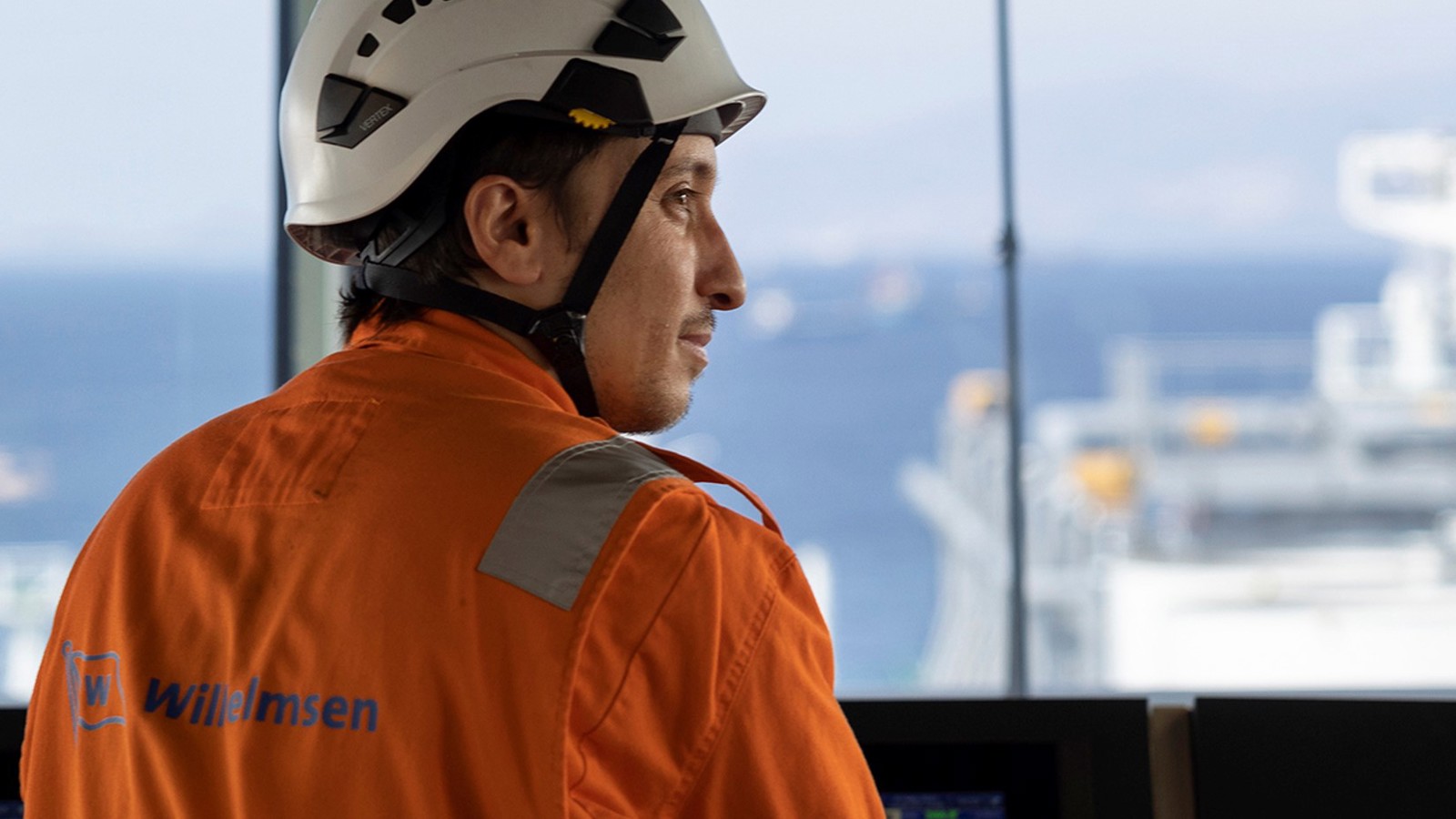Getting our crew ready for SIRE 2.0

Wilhelmsen insights
|
The new SIRE 2.0 regime is expected to become operational in Q4 2022. Until then, the current SIRE programme will continue to be updated and improved to incorporate the latest standards, best practice and regulations.
In Wilhelmsen Ship Management, intensive preparation work began months ago with the objective of easing our crew learning curve. Under the new regime, SIRE 2.0 inspection process has shifted from a purely inspection regime focusing on equipment and procedures to a more human factors-oriented process. In anticipation of this shift, our technical and vetting team have begun the preliminary work of interpreting the implications of the vetting focus towards crew’s familiarity with the tasks they perform as well as with the company’s procedures.
An initial gap analysis was conducted for the new set of questions in all chapters of SIRE 2.0 to identify changes in the revised programme’s methodology. By identifying the gaps, we have developed bridging documents to assist our crew in building a good foundation and understanding of the new regime.
We have begun circulating our training pack to our crew. The training pack segregates general information into 3 main phases of the inspection that is Pre-Inspection, During Inspection and Post Inspection
This is just the beginning. The full extent of understanding the new SIRE regime is not easy when one is required to shift through hundreds of documents with references and guidelines can be overwhelming. It is important that the stress of interpreting the new regime is not passed down to our crew. Hence, we have dedicated resources allocated to ease the learning curve:
Training at in-house training center (International Maritime Training Center)
Our training center has been conducting classes on the overview of SIRE 2.0, difference in methodology of Vetting inspections under SIRE 2.0, what to expect during the process and how to interact appropriately with vetting inspectors including follow up
Nano Learning
Our vetting team has been building training modules in the form of nano learning to break down pieces of the new regime implication into actionable items. With regular and bite-sized training, we aim to assist our crew to understand what to expect pre-inspection, during inspections, post inspections, core understanding of negative observations and many more.
It is our upmost priority to ensure that our crew can transition into the new regime without overloading them with too much information as they perform their day-to-day duties.
Today, Wilhelmsen Ship Management manages approximately 50 tankers - 40 gas tankers and remaining in oil tankers. This segment is one of our fastest growing segments. The implementation of this new regime will have material impact in our processes and safety management systems. We aim to keep the changes progressively communicated to ensure everyone understands why a change is being made and how it will affect them. The new SIRE regime has clearly signaled industry’s commitment to safer ship operations and as a progressive ship manager, we too adopt the same mindset to continuously improve in our processes and systems to create a safe and efficient environment onboard that supports our crew.
We are cautiously optimistic that we are in good position to adopt the new regime. We believe with adequate preparedness and the right attitude we can tackle the new challenges ahead and continue to maintain our excellent track record in SIRE inspections.
Wilhelmsen Ship Management has been managing gas vessels since 1994 and has marked its re-entry into crude oil tanker management in 2019. We focus on delivering quality and safety-first ship management. With decades of good track record in this segment, our team of technical experts and crew are made of driven people, who aim for greater operating efficiency and commercial success without compromising on safety and quality.
We are a full member of the Society of International Gas Tanker and Terminal Operators Ltd. (SIGTTO), working together with the largest industry players to implement best practices across the gas shipping and terminal industries. As part of The Society For Gas as a Marine Fuel (SGMF), we join forces with other members to encourage the safe and responsible operations of vessels using LNG as fuel and promoting marine activities related to the supply of LNG used for fuel.